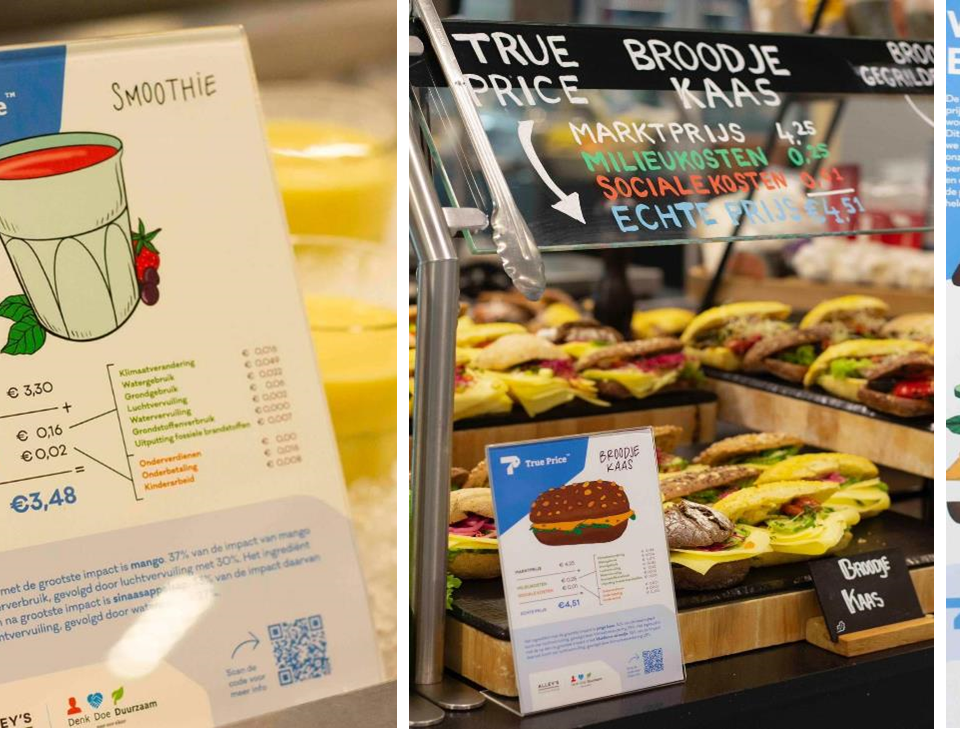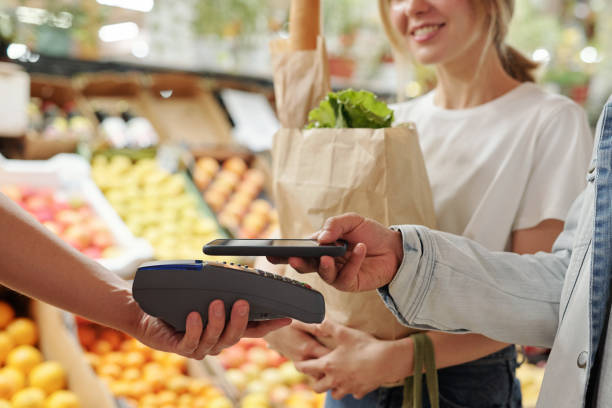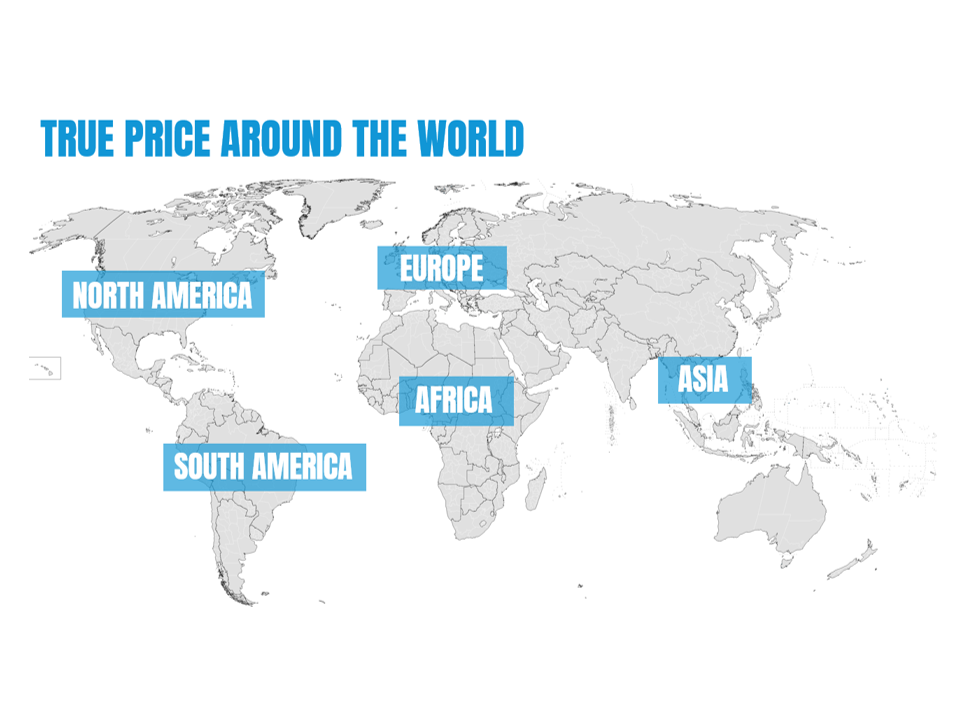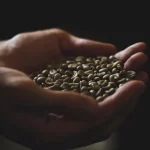True Price at the COP27 Food Pavillion
During the call to action, Michel Scholte, executive director and co-founder of True Price, shared a roadmap on how we can make healthy, sustainable food the affordable choice in an era of cost-of-living concerns. The foundation of this roadmap is transparency. Transparency in supply chains makes the true costs visible and provides steppingstones for decision making that supports sustainable and healthy foods.
600 billion subsidies go to food every year, of which only 50 billion is conditional on sustainable practices. Scholte suggests that we repurpose these subsidies. Subsidies could be used to support a sustainable nutrition budget on a household level, for example. Besides supporting a nutritious diet, redistributing the flow of money sets the tone for business growth. This goes hand in hand with creating incentives to redistribute money, such as budget neutral incentives and income and welfare policies. Fiscal interventions should sustain the production and consumption of healthy food and increase the price of unsustainable (hyper-processed, sugary) foods. Besides, the backbone of a healthy and sustainable food system is a healthy and sustainable work force. However, living standards of farmers and families, and people who work in and rely on the food system are often not met. Redistributing money is part of making a healthy and sustainable food system for all.
For equal and sustainable food systems input is necessary to the extent to which one can afford it. Governments, corporations, and sometimes people, can often afford to pay the true price and contribute to healthy and sustainable food systems. We need a shift in mindset to move beyond challenges and to see opportunities in the changes we can make for food systems that can sustainably grow and flourish.
To foster this incentive True Price was also at COP27 to show the True Price of coffee. Throughout the conference the True Price of coffee menu was served in the coffee corner of the Food Pavilion! Participants could see the true price and different impacts of four types of coffee. The calculations on the menu are estimations based on conventional Arabica coffee from Colombia. Based on the menu participants may have swaped their cappuccino with cow milk for another option with lower impact on the climate and society.






